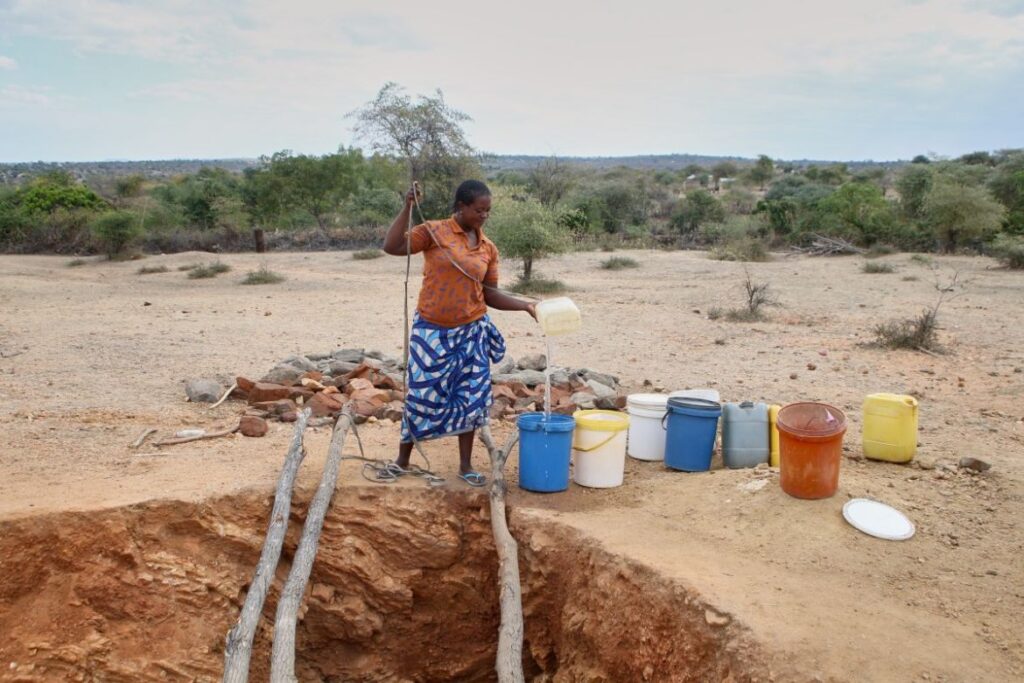By : Lloyd Mahachi
Southern Africa is facing its worst hunger crisis in decades due to the devastating impact of the El Niño weather phenomenon. Over 27 million people have been affected, with 21 million children in the region now malnourished as crops have failed. The World Food Program warns that this could become a “full-scale human catastrophe.”
Five countries – Lesotho, Malawi, Namibia, Zambia, and Zimbabwe – have declared national disasters due to the drought and resultant hunger. The region’s reliance on small-scale agriculture, which is irrigated by rain, has been severely impacted. Aid agencies had warned of a potential disaster late last year, citing below-average rainfall and warming temperatures linked to climate change.
Lesotho, Malawi, Namibia, Zambia, and Zimbabwe are among the countries severely affected, with Angola and Mozambique also experiencing severe drought. The situation is dire, with the World Food Program needing around $369 million to provide immediate help, but having only received a fifth of that amount.
The drought has had other damaging effects, including sharp rises in food prices, increasing hardship in affected areas. Zambia has lost much of its electricity due to low water levels in the Kariba Dam, resulting in power outages. Authorities in Namibia and Zimbabwe have resorted to killing wildlife to provide meat for hungry people.
Scientists warn that sub-Saharan Africa is highly vulnerable to climate change due to its dependence on rain-fed agriculture and natural resources. Millions of African livelihoods depend on the climate, making it essential to address this crisis urgently. The international community must come together to provide support and aid to alleviate the suffering of those affected.
The World Food Program’s warning of a potential “full-scale human catastrophe” underscores the gravity of the situation. Immediate action is necessary to prevent further devastation and protect the lives and livelihoods of those affected.
Editor : Josephine Mahachi

